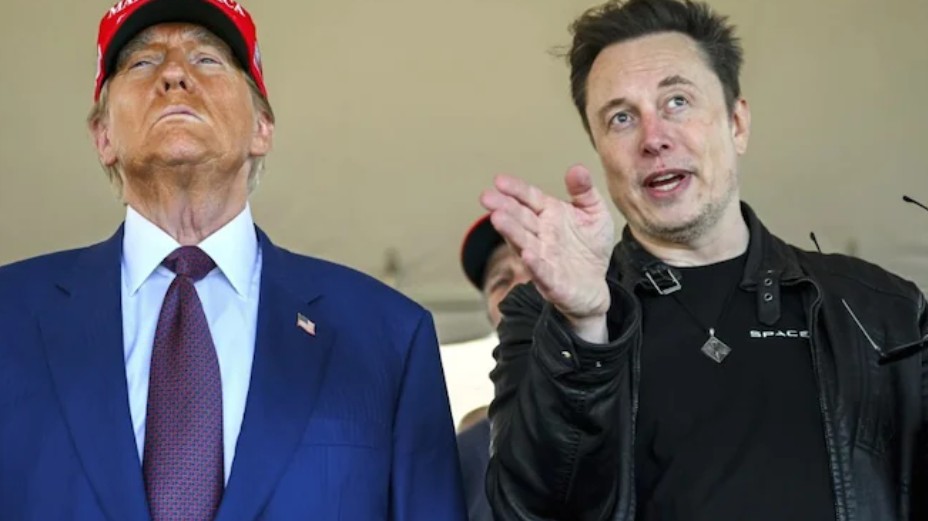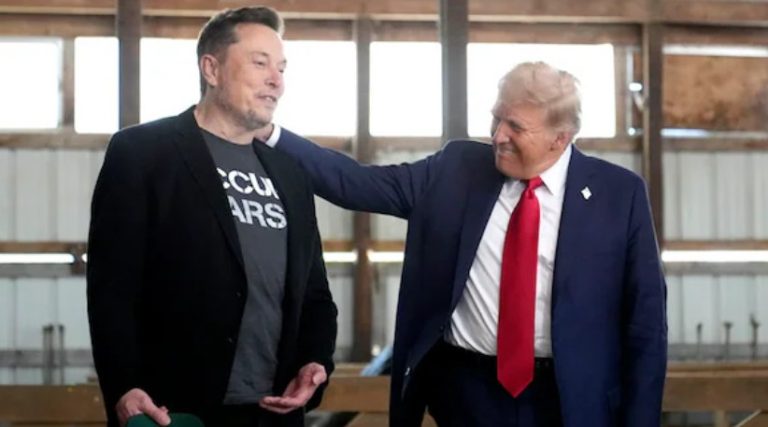Elon Musk, the CEO of Tesla and SpaceX, has seen his net worth plummet below $300 billion for the first time since November 2024, according to the Bloomberg Billionaires Index. This significant financial setback has been largely attributed to the sweeping tariffs imposed by President Donald Trump, which have had a profound impact on global markets and, in particular, on Tesla’s stock value.
Musk’s wealth has been on a downward trajectory since Trump’s tariff announcements, with a substantial $134.7 billion loss recorded in 2025 alone. The tariffs have not only affected Tesla’s stock performance but have also led to a notable decline in the company’s sales in key markets such as Europe. This financial turmoil has sparked a public clash between Musk and Trump’s trade adviser, Peter Navarro.
Navarro, a staunch advocate of the tariffs, has accused Musk of prioritizing Tesla’s profits over national interests. Musk, in turn, has criticized the tariffs as harmful to both the economy and his businesses, advocating for a “zero tariff zone” with Europe. This disagreement has led to a series of public exchanges, with Musk mocking Navarro’s academic background and Navarro responding by suggesting that Musk’s concerns are driven by personal financial interests.

The situation has raised questions about the future relationship between Musk and the Trump administration. While Musk remains the world’s richest person, his influence in policy discussions may be waning. The ongoing tariff disputes and the resulting market volatility have highlighted the challenges of balancing economic interests with political alliances.
As the global economic landscape continues to evolve, the rift between Musk and the Trump administration serves as a stark reminder of the complex interplay between business and politics. The coming weeks will be crucial in determining how this conflict unfolds and what it means for both parties involved.

